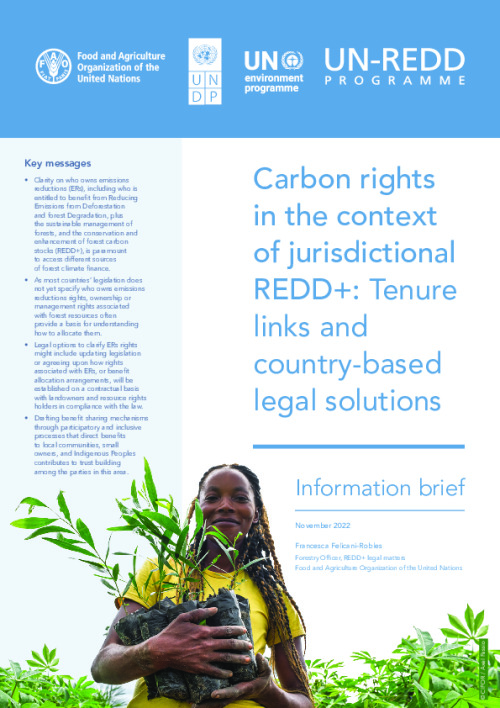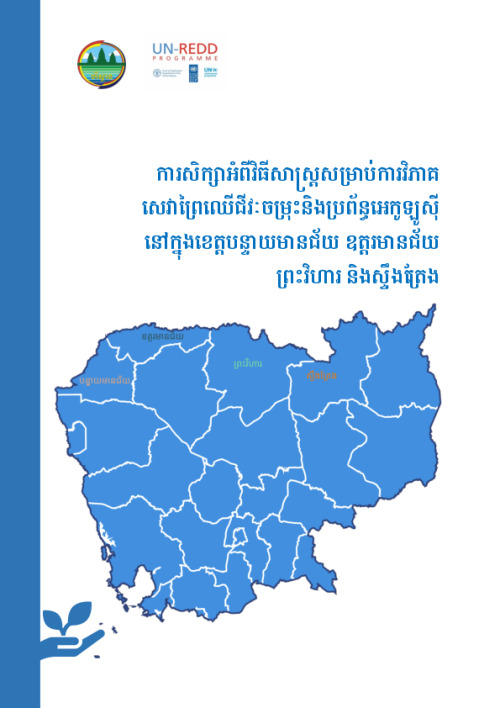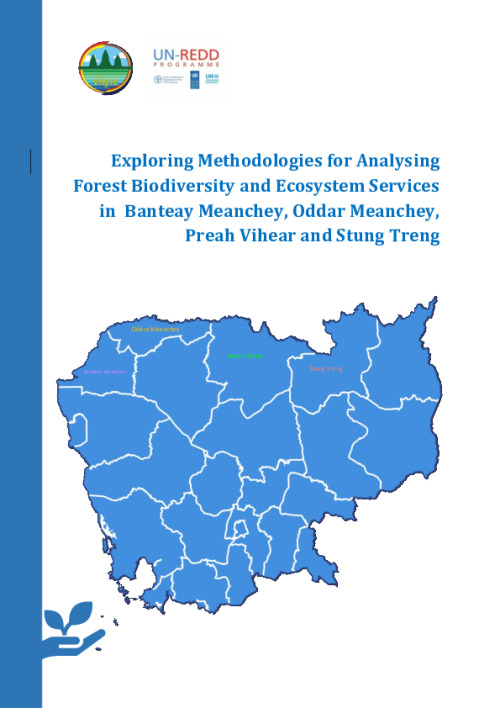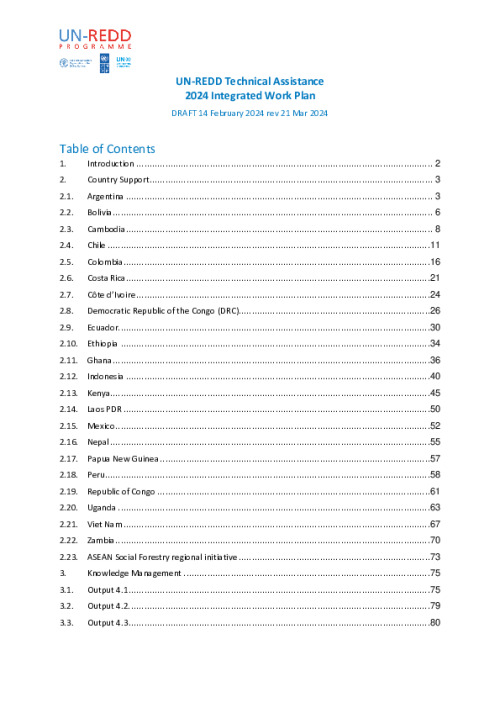Carbon rights in the context of jurisdictional REDD+: Tenure links and country-based legal solutions

This info-brief summarized key findings and presents case studies related to the status quo of REDD+ countries’ legislation and existing arrangements related to carbon rights, in light of relevant international schemes and standards. So far, claims to participate in REDD+ are often based on the concept of ‘carbon rights’ or `emissions reductions title´, and clear and “uncontested” entitlement to REDD+ results is often a condition for accessing Result-based-Payments (RBPs). However, as there is no one internationally adopted definition of carbon rights or ERs title, emphasis is made on the requirements established by international standards/schemes for REDD+ countries to progress in legislating on the matter.
The brief also identifies challenges as countries are progressing in finding legal solutions to clarify carbon and benefit rights, summarizing preliminary key findings and case studies that will be included in the UN-REDD global study on carbon rights which will be finalized in May 2022 (ready for review). In general terms, legislation only rarely directly regulates emission reduction titling or entitlements to REDD+ benefits. In these cases, forest tenure and ownership of forest resources often provides a basis to understand also who owns carbon stored in forests and who can claim REDD+ benefits.
Overall, more clarity surrounding emission reduction rights is often still needed, as a more stable enabling environment that affords legal protection to contracting parties would stimulate investments in REDD+, and protect vulnerable groups. Legal solutions will often go hand-in-hand with discussion on benefit sharing, and on necessary infrastructure such as registries for mitigation actions – or for transferring carbon credits.
Download the resource
Size: (2.326 MB)


